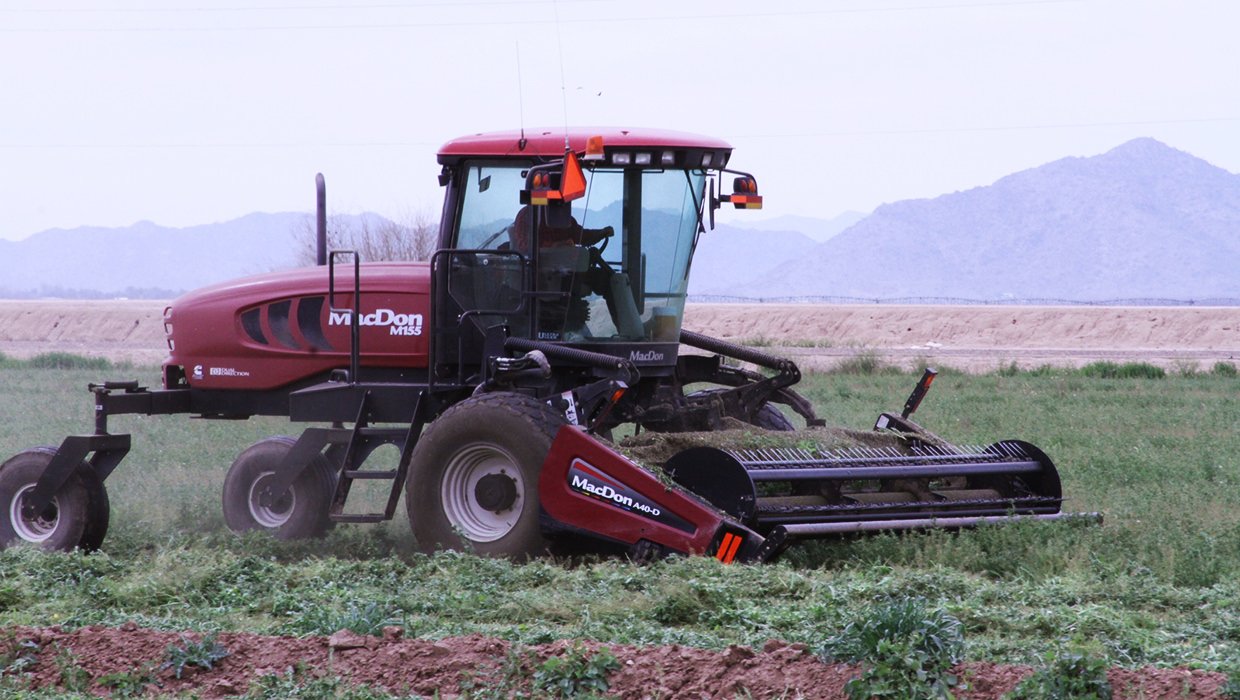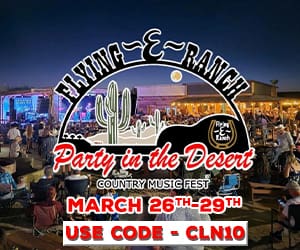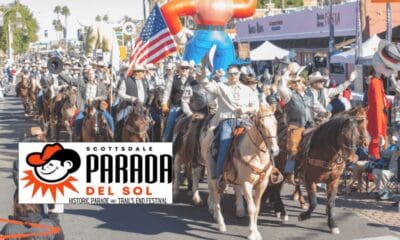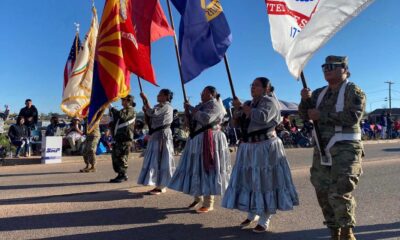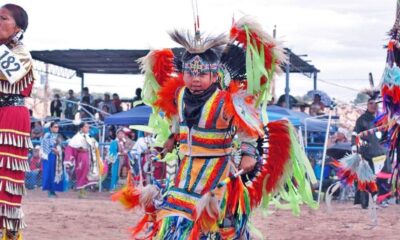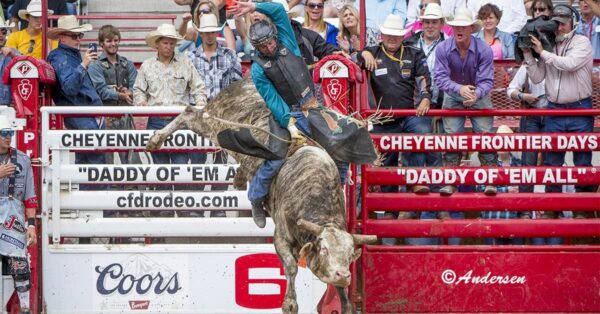Farming Provides Economic Sovereignty For Ak-Chin Indian Community
Ak-Chin Indian Community is very proud of its farming enterprise. Learn the rich history of Ak-Chin Indian Community farms and what makes it so remarkable.
Native American Culture
We have no minerals or other natural resources. The water is vital and will be just as important to our people 10,000 year from now as it is today. We can be farmers for all our existence.
-Leona Kakar
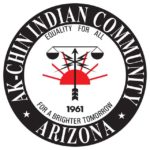 Farming has long been a source of economic sovereignty for the Ak-Chin Indian Community. However, throughout the late 40s through the early 60s, the United States government restricted the Ak-Chin Indian Community from farming their own land of more than 500 acres.
Farming has long been a source of economic sovereignty for the Ak-Chin Indian Community. However, throughout the late 40s through the early 60s, the United States government restricted the Ak-Chin Indian Community from farming their own land of more than 500 acres.
From 1946 through 1961, the Bureau of Indian Affairs (BIA) implemented a leasing program for the people of Ak-Chin Indian Community. By 1956, the BIA leased 12,387 of Ak-Chin Indian Community farmland to non-Indians.
When Richard Carlyle returned home from the service in 1954, he saw non-Indian farmers making money off the Ak-Chin Indian Community land. His belief was that the Community should create its own farming enterprise by taking back the farmland from the non-Indian farmers once their land leases expired.
Carlyle began to develop a plan and hired Wayne Sprawls to act as a farm manager.
Carlyle and Sprawls met with members of the Community to share his detailed vision for the community. Some members were hesitant of the idea, primarily because they were employed by the non-Indian farmers and feared they would lose their jobs if the plan went through. But over time, the Community realized that farming their own land would mean self-sufficiency for the entire Ak-Chin Indian Community.
The Ak-Chin Indian Community was created by Executive Order No. 1538 by President Taft on May 23, 1912. On Sept. 2, 1912, a second Executive Order was created. In 1961, the Tribal Council was formally recognized under the Indian Reorganization Act of 1934. Accordingly, the Ak-Chin Indian Community began farming themselves, which would ultimately provide economic sovereignty.
According to Councilwoman Delia Carlyle Ak-Chin Indian Community is very proud of its farming enterprise.
“When we began our farming back in the 1960s, we couldn’t get assistance from the BIA. But thanks to some of the local Maricopa families that loaned the Ak-Chin Indian Community equipment, we could begin farming our own land. And these families are still part of the area – the Honeycutt’s, the Farrell’s and the Dunn’s. We have never forgotten what these families did for us and what a risk it might have been to help us in that way. Their generosity made sure that we were able to have a successful farming operation. We will always be grateful.”
Last Updated on 05/07/2019 by Aaron Kuhl
CLN Community Sponsor
